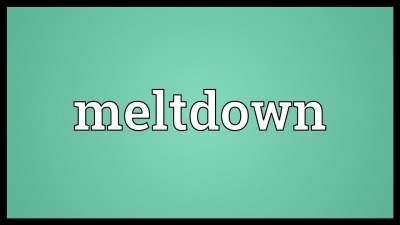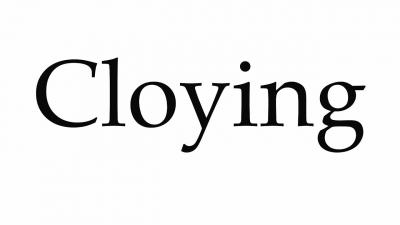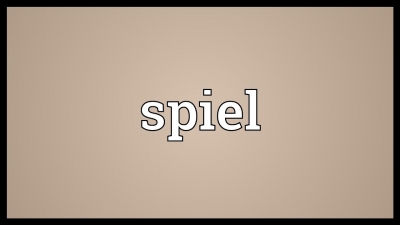
First Impressions
Jane Austen's Pride and Prejudice is a story that gives the readers a detailed account of life and liberty in the Regency Era. Published in 1813, it is a social satire that has remained relevant for centuries in its exploration of themes like economic anxiety, class, and the desire to go up the social ladder.
Scholars say that this novel of manners was written as early as 1796-97 and was initially called First Impressions.
The Dead Un-Dead
Dracula is the most infamous vampire name by far, but did you know that this character was originally going to be called Count Wampyr? That is, until Bram Stoker came across the story of Vlad II of Wallachia and the surname of his descendants, "Dracul", while doing some research. Before he found the name Dracula and assigned it to his character and book, the working title of the 1897 novel was The Dead Un-Dead.
Tomorrow is Another Day
Gone With the Wind was the only novel author Margaret Mitchell wrote in her lifetime. Published in 1936, this book marks an important moment in American culture when it was on the cusp of the old and the new. The novel focusses on love, civil war, slavery, and immigration among other things through the experiences of an Irish immigrant family that has come to the U.S. and settled in the south where slavery was a thriving institution. This Pulitzer Prize-winning Civil War epic continues to be a hit among the masses. But the lesser-known fact about this classic is that it almost went to print under the name Tomorrow is Another Day. However, the author changed it to what it is, drawing inspiration from a poem by 19th-century French poet Ernest Dowson.
The Last Man in Europe
The original title for George Orwell's iconic dystopian novel Nineteen Eighty-Four published in 1949, was The Last Man in Europe. A couple of months before the manuscript was to be published, Orwell wrote to his publisher, Fredric Warburg, stating that he could not decide between "The Last Man in Europe" and "Nineteen Eighty-Four”. Warburg suggested the latter, as he felt it was a more commercial title.
Atticus
American author Harper Lee's To Kill a Mockingbird was a literary sensation when it was first published in 1960. The Chicago Tribune called it "a novel of strong contemporary national significance." The novel's title is taken from a conversation between Scout and Atticus where the latter states that "it's a sin to kill a mockingbird" However, this was not the original title of the book. The beloved classic was supposed to be called Atticus until Lee decided that it put too much focus on a single character.
Picture Credit : Google













